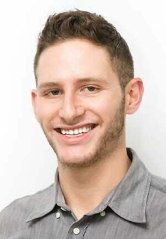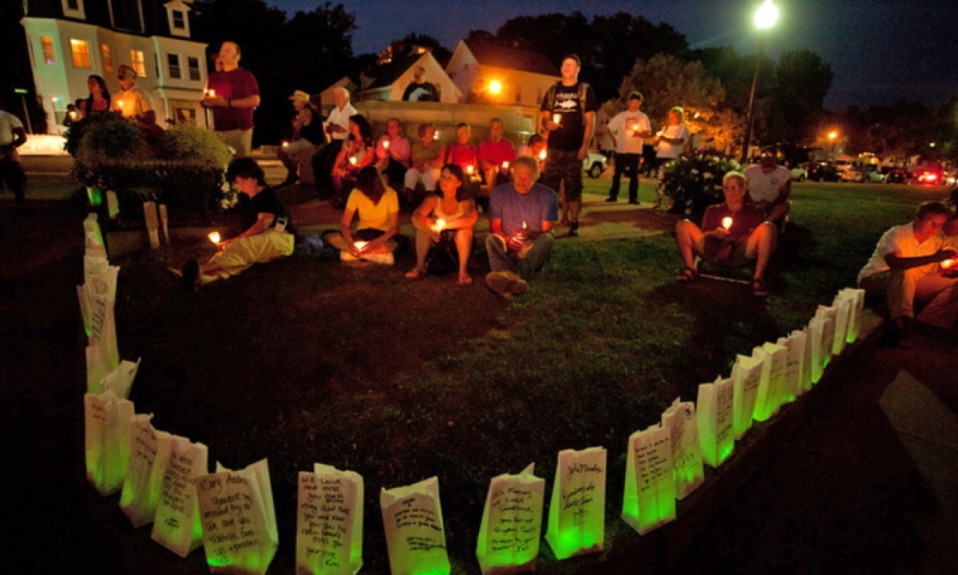The app-based program is laser-focused on developing plans that are tailored to the individual needs of clients
By Jenny Diedrich
Halcyon Health wants to set itself apart from a crowded field of virtual addiction recovery programs by building its patients’ treatment plans around their personalized needs, strengths and weaknesses.
Halcyon’s program adapts to each patient’s unique qualities with artificial intelligence and machine learning, more than 40 elements of recovery capital, hundreds of modules, and recovery coaches with a wide range of skill sets and experiences, according to the company’s co-founder and CEO, Josh Nussbaum.
No two members will ever have the same recovery plan or experience. We believe that there can be multiple paths to recovery.”—Josh Nussbaum, co-founder and CEO of Halcyon Health
As a tech-driven company, Halcyon uses an iOS/Android app to connect members with their care teams. Enrollment in the program translates to access to video visits, specialized groups, care coordination check-ins, medication-assisted treatment (MAT) appointments, asynchronous messaging and goal-driven recovery modules—all focused on long-term chronic disease management.
“No two members will ever have the same recovery plan or experience,” Nussbaum says. “We believe that there can be multiple paths to recovery, and our program is tailored to each individual’s unique needs.”
How Halcyon Health Came to Be
Like many other people working in addiction treatment, Nussbaum is in recovery, and has been for more than 10 years. He struggled with depression and social anxiety as a child and started smoking marijuana in college to cope with being away from home for the first time. “That evolved further and further, to where I was on academic probation and suicidal,” he says. “At the urging of people around me, I went to several different treatment programs, and eventually something clicked for me somewhere along the way.”
After graduating from college with a degree in business and working at a venture capital firm, Nussbaum decided to use his business expertise and personal experience with addiction treatment to help others like himself. Halcyon Health was incorporated in November 2019 and started working with clients about 10 months ago.
While in treatment, Nussbaum struggled to find a program that could accommodate his individual needs. He says that too many recovery programs are one-size-fits-all and are built around strict philosophies, such as the 12 steps.
“In treatment, you meet a lot of people who suffer from this disease,” says Nussbaum. “I had a couple of friends who have died from overdoses. The most recent one was someone I was very close to and who was very like me. I couldn’t understand the fact that the treatment worked for me and didn’t work for him. It was just luck that it worked for me.”

Nussbaum believes that Halcyon’s personalized approach is crucial, and so far it seems to be working. After 90 days in the program, 87% of members report that they have made significant progress in achieving their recovery goals, Nussbaum says.
How the Program Works
Halcyon Health embraces a harm reduction approach. Whether members want to reduce their use, eliminate some substances but not others or stop entirely, the program customizes their recovery goals. Another example of the program’s personalization is how it caters to clients who want to build social connections with other people in recovery. If a client opts for that, coaches find local meetings and add those to the care plan.
Payment for Halcyon’s program currently is out of pocket, although Nussbaum hopes to bring it in network with health insurers as a steppingstone toward value-based payment models. The cost is $175 per month with lab testing and MAT, or $75 per month without MAT.
Nussbaum says Halcyon is passionate about fostering value-based partnerships with organizations that share a similar mission, but the challenge is in how to measure outcomes. “There is no standard measurement [in the field],” he says. “We basically developed using our own model to measure overall recovery capital score over time.”












